Creating Connections Stroke Conference 2023 – Guest speakers
Thank you to all of our guest speakers who have volunteered their time to present at the 26th annual Creating Connections Stroke Conference!
KEYNOTE SPEAKER
PROFESSOR KIRRIE J. BALLARD
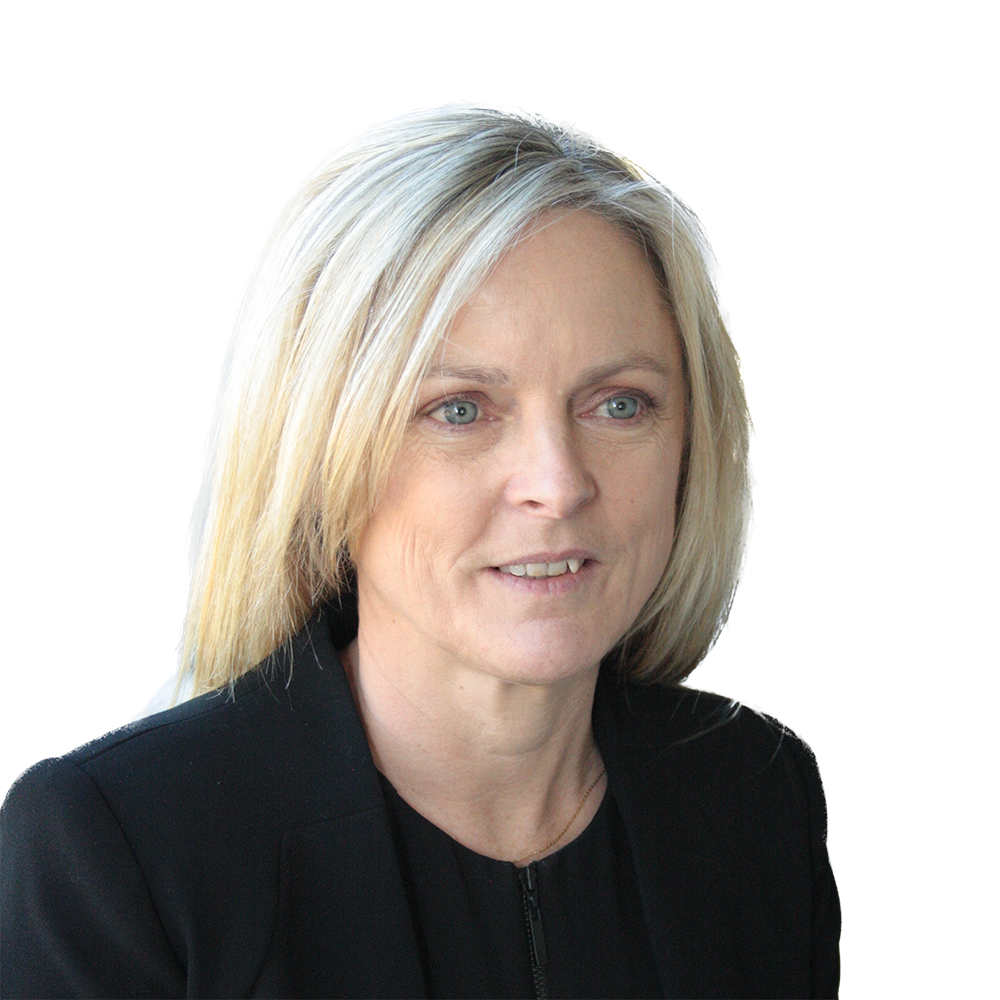
Presentation title: Current research and approaches for recovering communication after Stroke.
Communication Sciences and Disorders, Sydney School of Health Sciences, The University of Sydney
Kirrie J. Ballard, Professor at The University of Sydney in Australia, PhD Northwestern University 1997, MA Northwestern University 1994, BSpThy The University of Queensland 1983.
Professor Ballard has worked clinically in metropolitan and rural Australia and in the USA, completed a National Institutes of Health-funded postdoctoral fellowship at the National Center for Voice and Speech at The University of Iowa USA (1998-99), and has held academic positions at Indiana University USA (2000), University of Iowa (2001-2005), and The University of Sydney Australia (2006-present, Head of Speech Pathology 2009-12).
She served as Editor in Chief for the International Journal of Speech-Language Pathology 2014-2019.
Her research focuses on nature, diagnosis and treatment of apraxia of speech in adults and children, and aphasia in stroke and atypical dementias. She has published over 140 journal articles and book chapters. She is a Fellow of Speech Pathology Australia and holds clinical practice certificates for both Australia (CPSP) and the USA (CCC-SLP).
JACINDA CHOY
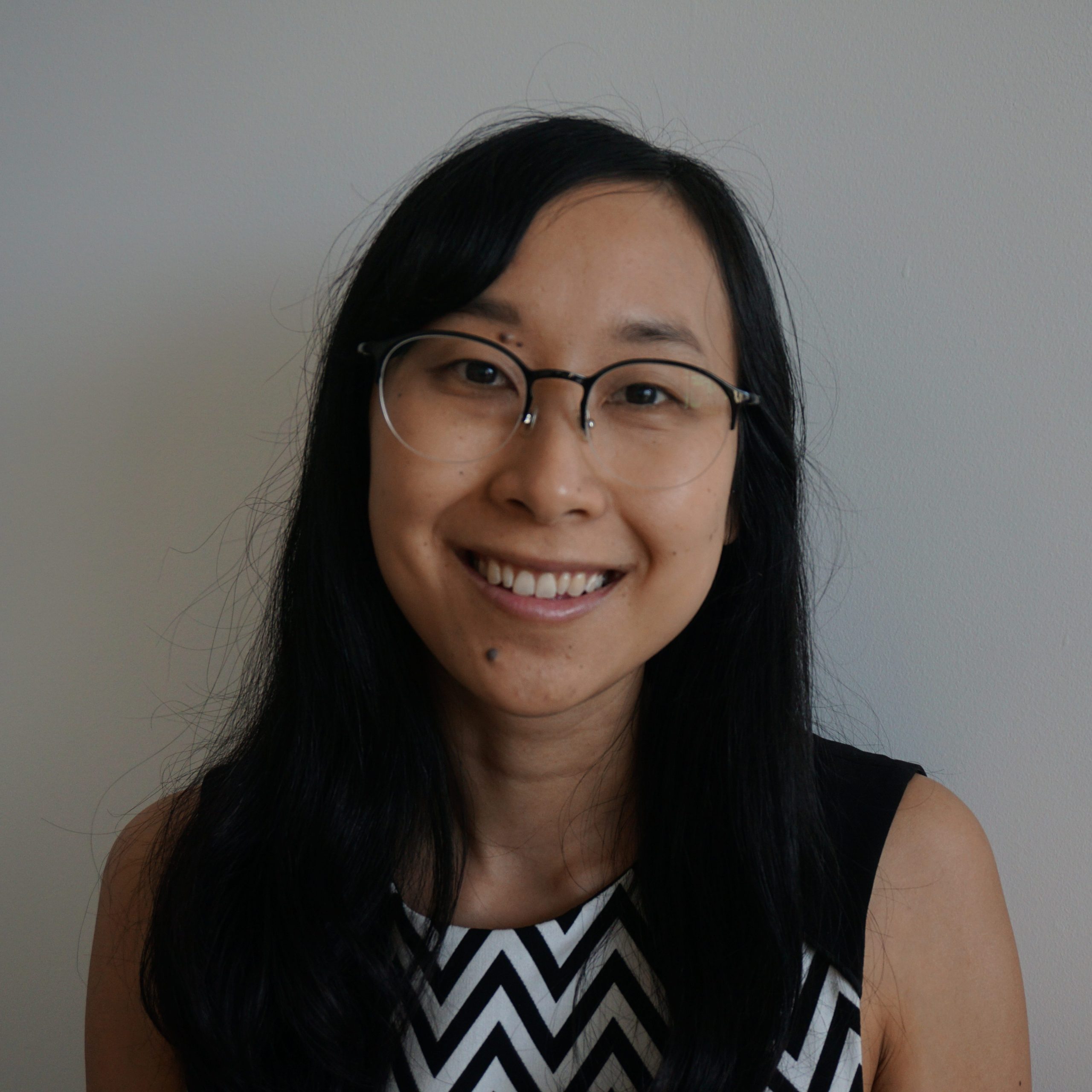
Presentation title: Using technology to improve communication.
Senior Speech Pathologist, Royal Rehab
Jacinda is a clinician-researcher speech pathologist with experience working in inpatient and outpatient rehabilitation, community health, university settings, and palliative care. Her specialty and passion are working in Stroke rehabilitation. She has recently completed a PhD in speech pathology and swallowing therapy at the University of Sydney.
Jacinda currently works as a Senior Speech Pathologist at Royal Rehab Private Ryde. Royal Rehab is a leading not-for-profit rehabilitation hospital that recently opened a state-of-the-art technology centre.
NATALIE HOLLAND
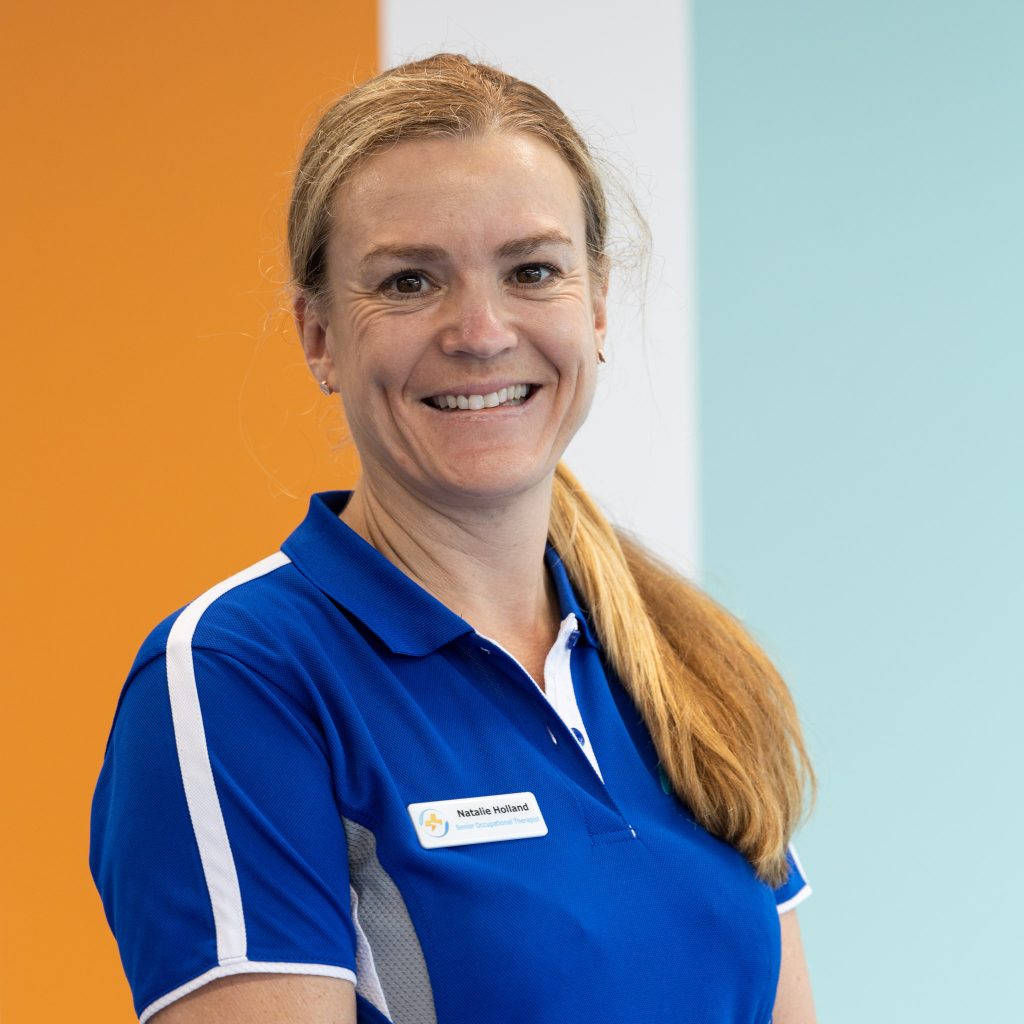
Presentation title: Improving your cognition after stroke.
Occupational Therapy Team Leader and Senior Neurological Occupational Therapist, Advance Rehab Centre
Natalie has over two decades of experience working as an Occupational Therapist in both Australia and the UK.
Natalie’s passion is working with people across neurological conditions and brings with her a wealth of experience in Stroke, Multiple Sclerosis and spinal cord injury; as well as mental health and community therapy.
Natalie provides a range of Occupational Therapy interventions, including cognitive rehabilitation, upper limb rehabilitation; vocational rehabilitation; assessment and prescription of assistive technology; functional capacity assessment; and seating assessment and prescription.
Natalie works at Advance Rehab Centre, a leading neuro-rehabilitation organisation based in Sydney. There she leads a dynamic team of experienced Occupational Therapists, and her time is split between seeing clients in the clinic and contributing to service development and the professional growth of the team.
SIMONE TAYLOR
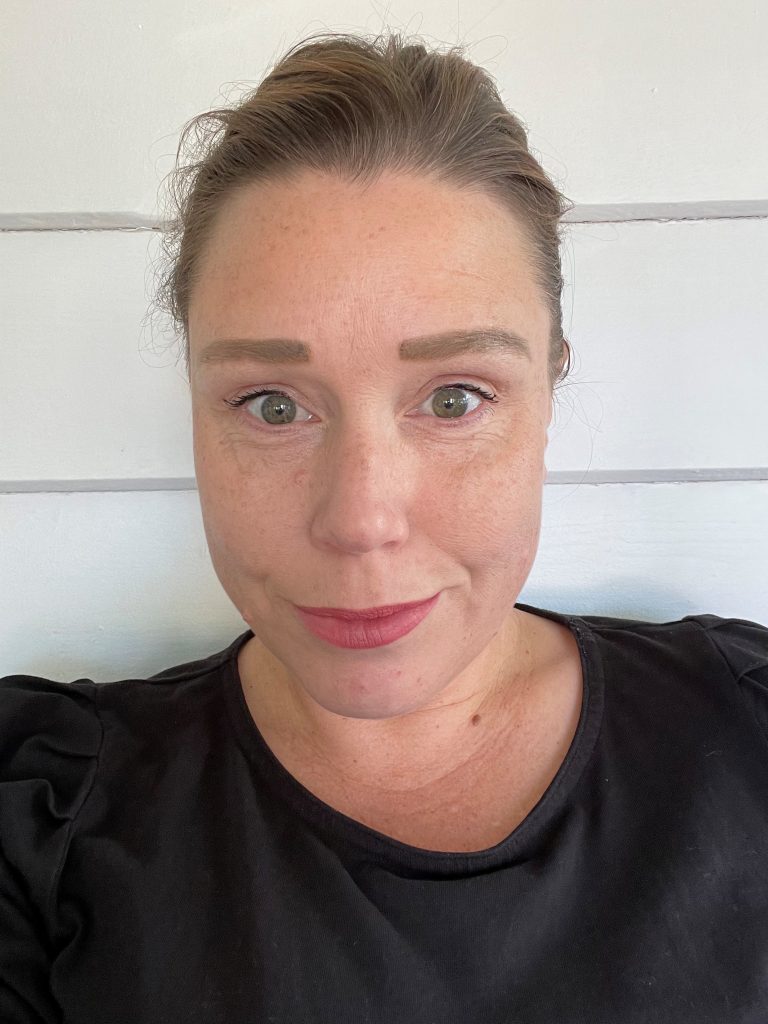
Presentation title: Creating employment opportunities after a Stroke.
Business Manager, Scope Australia – Disability Support Services
Simone Taylor has a wealth of experience spanning over a decade within the community NFP sector; Simone stands as a seasoned professional. Notably, she devoted 9 years to cultivating a profound specialisation in disability training and employment, manifesting her unwavering commitment to fostering inclusivity and empowerment.
Simone’s diverse background encompasses various skills, including training, hospitality, and events.
MICHAEL HAMPTON
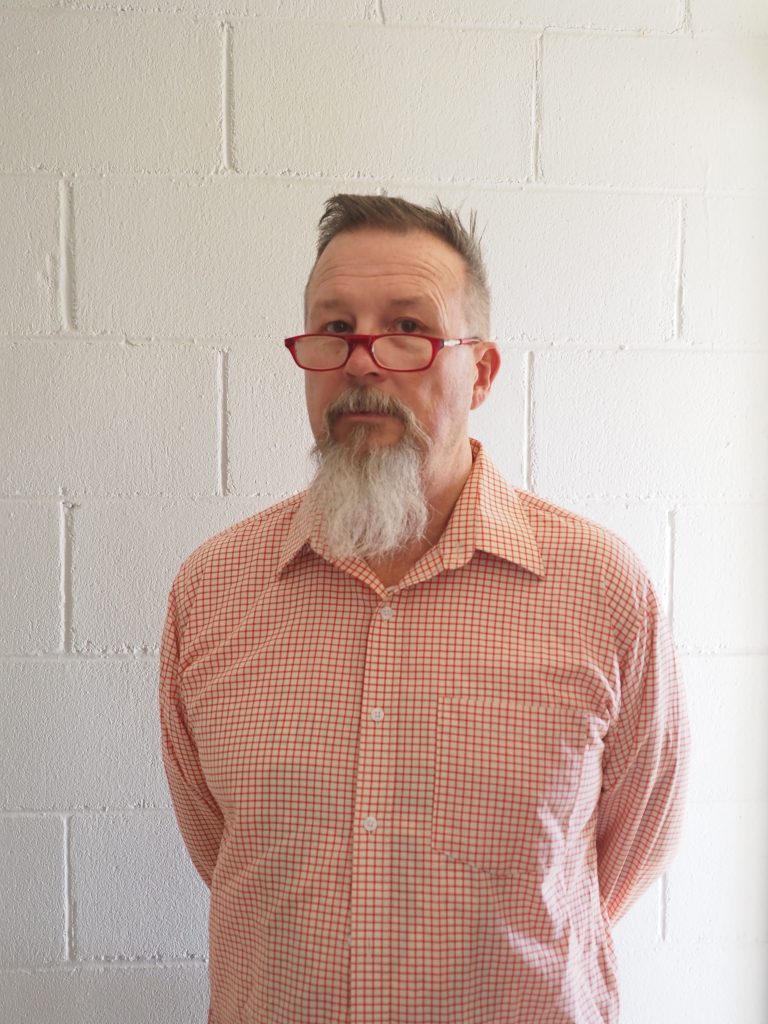
Presentation title: Stroke survivors accessing the NDIS.
Community Voice Manager, Synapse Australia
Michael has worked as a Disability Advocate since 2008. He has been an Advocacy Manager with Synapse since 2012 and has worked as an individual advocate assisting those with a brain injury and, more specifically, as an NDIS Appeals advocate since 2013 – from the initial rollout of the scheme.
He is a member of the Aging and Disability Commissioners NSW Consultative roundtable.
He also sits on the NSW Civil and Administrative Consultative Forum in both the commercial and guardianship jurisdictions.
In 2021 Michael presented to the 2021 COAT (Council of Australian Tribunals) NSW Conference to all administrative Appeals Tribunal members and staff about brain injury and complex matters.
KYLIE TASTULA
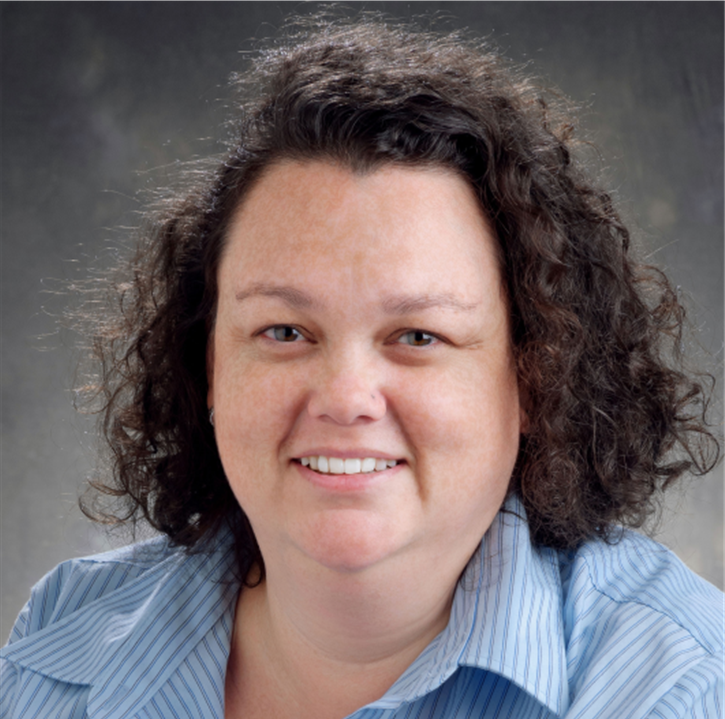
Panel Facilitator
Nurse Practitioner, Neurosciences, Royal Prince Alfred Hospital
Director, Board of Management, Stroke Recovery Association NSW
Kylie has worked in the area of Neuro for over 20 years. She has worked in Neuro intensive care units and Stroke units both in Australia and internationally.
Her current position involves coordinating hyperacute Stroke calls including RPA’s state-wide Endovascular Clot Retrieval Service.
Her role has several focuses – she coordinates the hyperacute Stroke care at RPA, runs the Stroke call program including attending and leading all calls in hours, maintaining and analysing all the data around hyperacute care.
Kylie coordinates the statewide Endovascular Clot Retrieval (ECR) service and runs several clinics, including Stroke reperfusion follow-ups, young Stroke, acute Stroke and secondary prevention clinics. She also works in the mild head injury/ concussion clinic, reviewing and triaging all patients following referrals from ED, trauma services, allied health and GP networks.
Her role over the years has included service review and planning, hospital redevelopment, clinical consultancy, research, education and advocacy. She is currently the nursing co-chair for the Agency for Clinical Innovation (ACI).
Kylie has an interest in quality improvement, clinical leadership and patient advocacy.
BRENDA BOOTH OAM
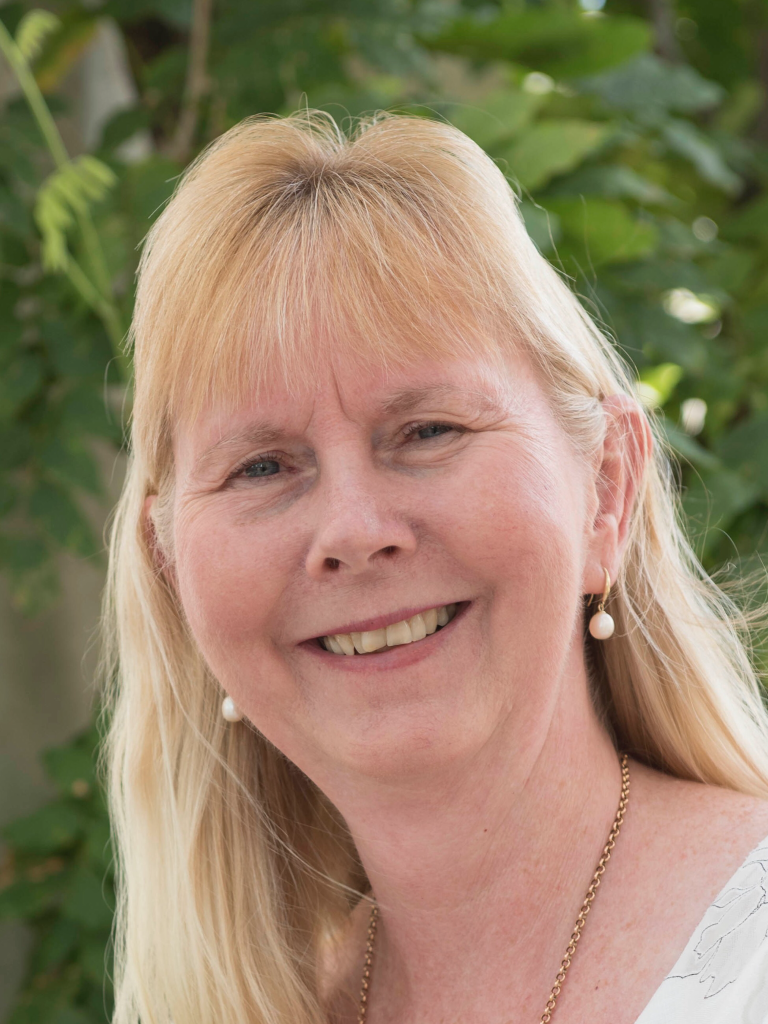
Panellist
Stroke Survivor, Registered Nurse
President, Working Age Stroke Support Group (WAGS)
Brenda is a Stroke survivor, her Stroke having occurred in 2001 when she was 41 years old. An internal carotid artery dissection caused a left middle cerebral artery Stroke. Her speech, sight and arm movement were initially affected. In 2010, she was diagnosed as having Fibromuscular Dysplasia (FMD), which was determined to be the underlying cause of her Stroke. Since having her Stroke, Brenda contends with the non-visible issues related to both the Stroke and FMD, such as variable issues with speech, fatigue, balance, coordination, and memory.
Brenda is a Registered Nurse and has worked in the hospital sector with the NSW Disability Service for 25 years. Since 2016 she has worked with the National Disability Insurance Agency. Following her Stroke, she returned to work part-time. Brenda has provided Stroke consumer input at a local, state, national and international level. She is the President for the Working Age Group – Stroke (WAGS). In 2019 Brenda was awarded an Order of Australia Medal for her ongoing work in the Stroke community, and in 2021, she was recognised by the World Stroke Organisation and the World Stroke Academy.
Simon Bridge
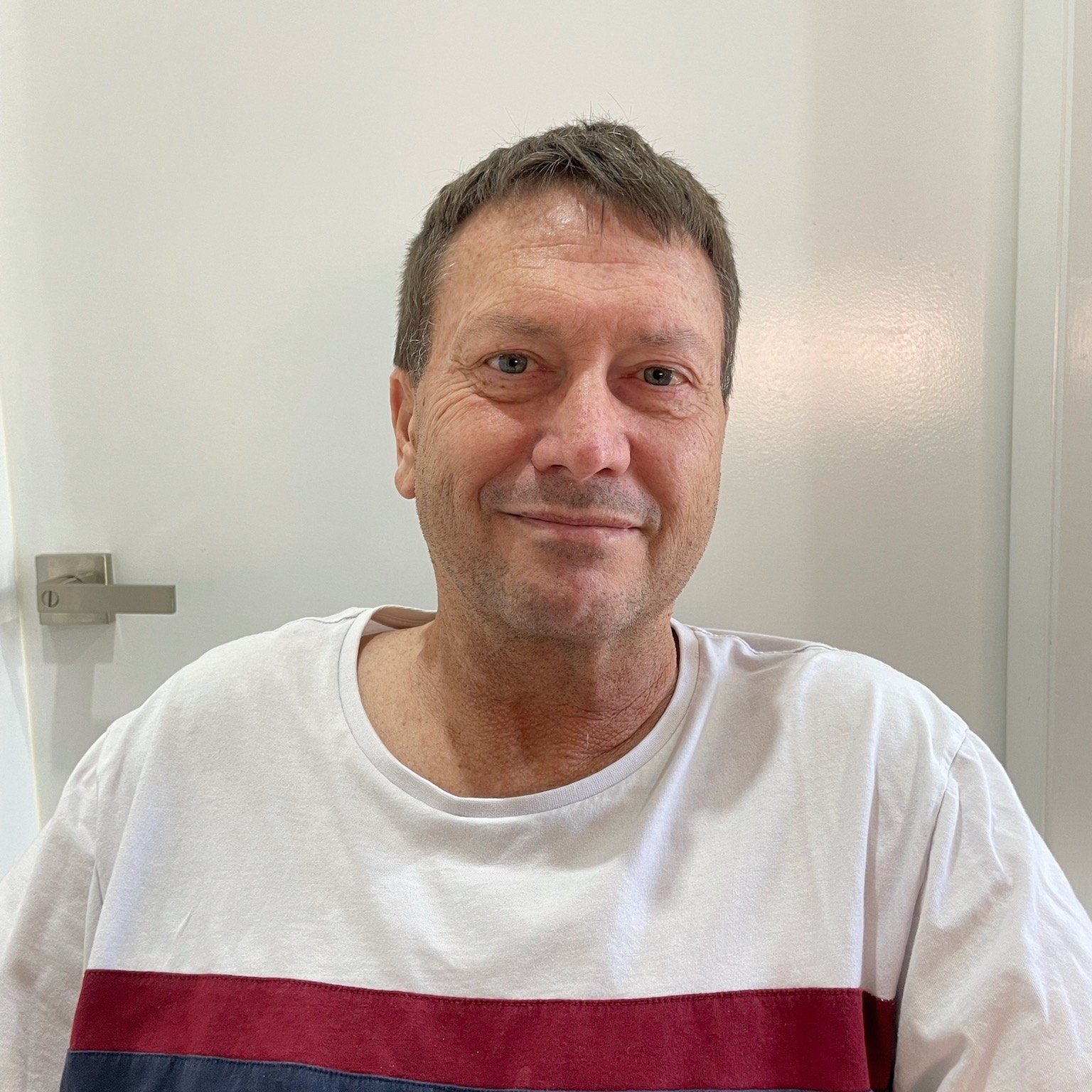
Panellist
Stroke Survivor
Simon is a 55-year-old Indigenous man from Western Sydney. He had a major Stroke in May 2022, which affected his basal ganglia. His Stroke occurred at the same time as he was recovering from left leg below-knee amputation. He was not aware of having had a Stroke until doctors sent him for an MRI and CT which shortly after confirmed a major Stroke.
Simon’s hospitalisation was in Nepean Hospital where he also had rehabilitation including intense occupational therapy and physiotherapy. Simon’s memory, decision-making, and cognitive ability have been affected, and to a smaller degree speech however, they have all improved.
The Stroke impacted his life to the extent that he is no longer able to drive a motor vehicle or undertake work. When he was discharged from the hospital he was referred directly to a NDIS share home. He has had support from his immediate family and in-laws, as well as a social worker, psychologist, and carers.
Gail Le Bransky
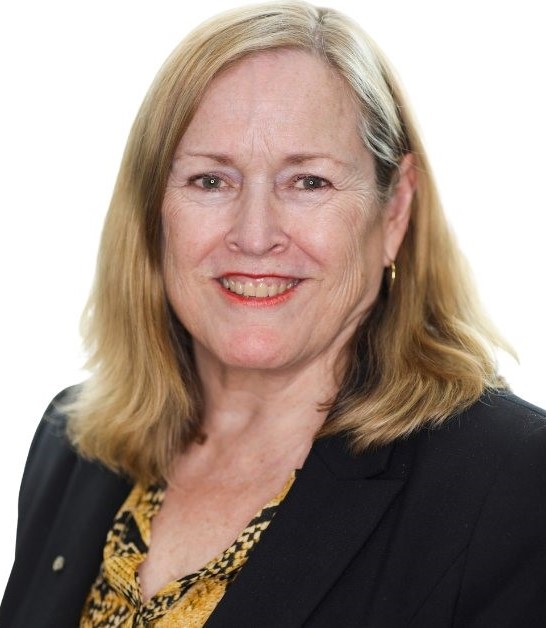
Panellist
Stroke Survivor
Following a Stroke in December 2020, Gail Le Bransky has continued to contribute to social change as a member of the Disability Council of NSW and the NSW Housing Appeals Committee, an appeals mechanism for people who are unhappy with social housing decisions.
The experience of Stroke ended her career as Director Social and Economic Policy at Transport for NSW where she championed a customer-focused approach to delivering accessible transport services across NSW. She was responsible for leading the development and implementation of social inclusion plans under Future Transport 2056 and led cultural change making access and inclusion a core objective of transport service delivery in NSW.
Her strong focus on social inclusion and disability access led to a secondment in 2019 to the NSW Public Service Commission to lead the Premier’s Priority on Disability Employment in the public sector.
During her career, Gail was widely considered a national thought leader on access and inclusion, representing NSW on the National Accessible Public Transport Advisory Committee and was Deputy Chair of Australasian Rail Association’s Accessibility Working Group. She has contributed internationally through the US Transportation Research Board’s International Committee on Accessible Transportation and Mobility and worked with the OECD as Australia’s representative on an expert group on cost benefits of accessible transportation.
Gail has been recognised for services to Transport, receiving the Public Service Medal in the 2019 Queen’s Birthday Awards.
Wanda Rowan

Panellist
Carer
Peter and I married in 1988. We have one daughter who will be 35 this year. She was just short of 16 years old when Peter had his Stroke in August 2004. Peter was in the IT profession prior to his injury. He was looking forward to transitioning to be a Pilot as a permanent career change.
At the time I was a Business Manager for a farm machinery company and undertaking much travel to Queensland and Western Australia.
After the Stroke, I left corporate work to care for Peter and then found work which was less stressful and also closer to home. In 2009 I eventually changed career to become a mortgage broker to enable me to work from home. This is still my current role.
Peter worked with an old boss from approximately Feb 2005 before permanently retiring around mid – late 2008.
VALERIE FELTHAM
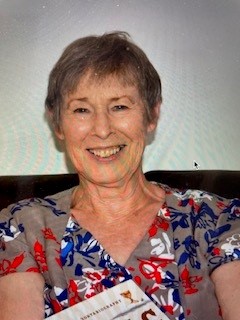
Panellist
Carer
Valerie is a retired registered nurse, leaving the workforce in 2005 when her husband Chris experienced a severe Stroke resulting in a dense left hemiplegia with frontal lobe impairment. Prior to this, Valerie worked at Lady Davidson Rehabilitation Hospital and Mount Wilga Rehabilitation Hospital over a fifteen year period, specialising in neurological rehabilitation.
Valerie decided she needed to retire as she felt her husband would not cope on his own both physically and emotionally after the Stroke. While she believes her journey once becoming a carer has been made easier because of her nursing background she, like everyone else in a similar position, was not expecting the enormous changes that occurred in their lives because of Chris’ Stroke.
Valerie had no idea how arduous the caring role could be. Neither did she expect the bureaucratic nightmare waiting for her. She found that joining a carer’s group was most helpful and provided her with much-needed information and advice on navigating the system.
Valerie has also been involved with the KeyStrokes Choir and is absolutely passionate about the benefits of singing to the lives of those affected by Stroke.
Tom Parkhouse
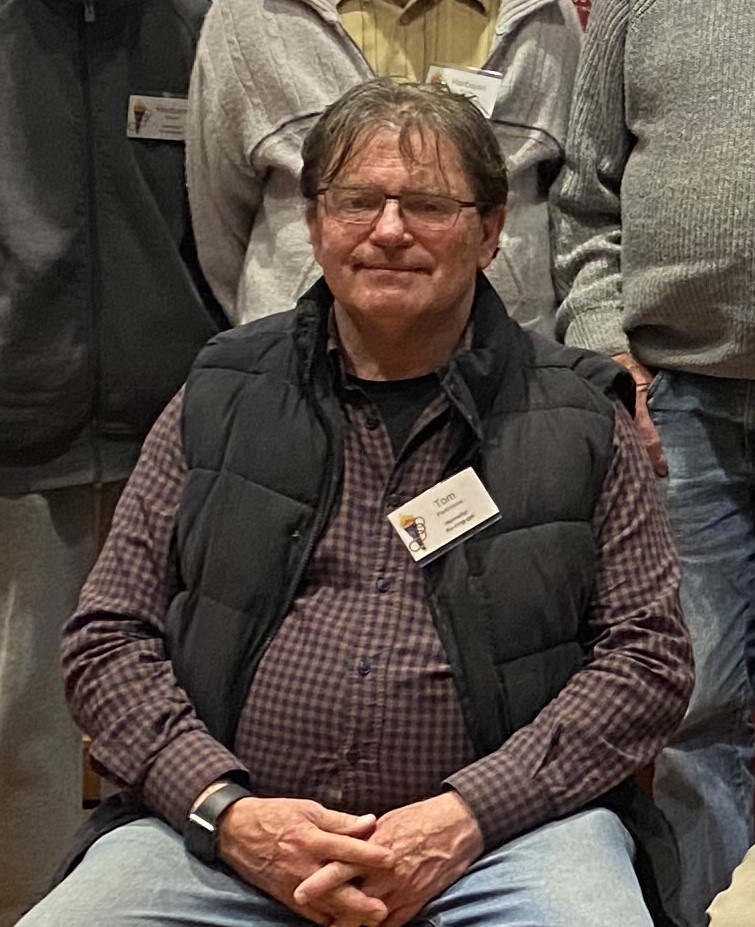
Panellist
Carer
Tom retired in 2017 to look after his partner full-time, after she became paralysed down her left side following a Stroke.
Prior to this, Tom spent over 25 years of his career working for some of Australia’s largest organisations assisting in obtaining grants and tax concessions for their research and development projects. One of these organisations was Swanson Reed, which Tom joined in 2012 and represented them in Sydney as a Consultant for their research and development endeavours. Tom still maintains a connection with Swanson Reed.
Tom’s earlier career after obtaining a Bachelor of Chemical Engineering was mostly spent working for the Department of Industry, Technology and Commerce, firstly in an industry policy role and then providing support for industrial research and development through grants and, later, the research and development tax incentive. This gave him the experience to become a Consultant and also work for himself in providing claims advice to organisations.
